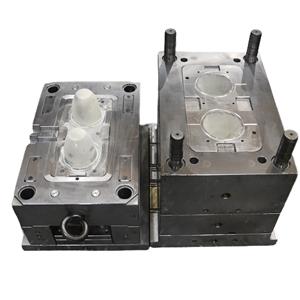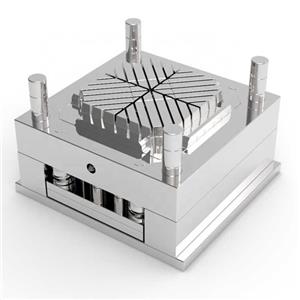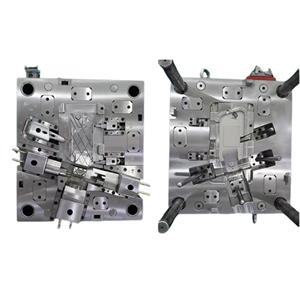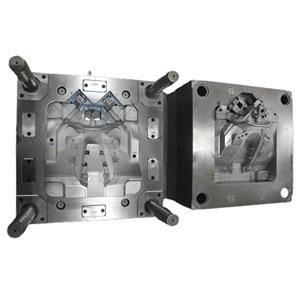Rapid Prototyping Medical Injection Mold Solutions
Rapid prototyping is revolutionizing the medical device industry, significantly impacting the development and production of injection molded components. The traditional approach to medical injection molding involved lengthy lead times and substantial upfront investments. However, rapid prototyping offers a faster, more cost-effective, and iterative process, allowing manufacturers to test and refine designs before committing to large-scale production. This approach minimizes risks, accelerates time-to-market, and ultimately leads to superior medical devices. This exploration delves into the multifaceted advantages and applications of rapid prototyping solutions for medical injection molds.
Reduced Lead Times and Development Costs
One of the most compelling benefits of rapid prototyping for medical injection molds is the drastically reduced lead time. Traditional methods often involve weeks or even months to create a functional mold, delaying the entire development process. Rapid prototyping techniques, such as 3D printing and CNC machining, dramatically shorten this timeline. Prototypes can be produced in a matter of days, allowing for quick iterations and design refinements based on testing and feedback. This accelerated process significantly reduces overall development costs by minimizing delays and the need for extensive revisions later in the process.
Furthermore, the lower upfront investment associated with rapid prototyping makes it an attractive option for smaller medical device companies or those developing innovative products with uncertain market demand. The ability to create functional prototypes at a fraction of the cost of traditional tooling minimizes financial risk and allows for more flexible and iterative design exploration.
Enhanced Design Iteration and Refinement
Rapid prototyping empowers medical device manufacturers to engage in iterative design refinement in a way that was previously impossible. Instead of relying on theoretical estimations and limited testing with a final mold, manufacturers can create multiple prototypes, test their functionality and performance, and make adjustments based on the results. This iterative process is crucial in the medical field where precise functionality, biocompatibility, and safety are paramount.
The ability to quickly produce modifications allows engineers to address design flaws, optimize performance characteristics, and ensure the final product meets the stringent regulatory requirements of the medical industry. This iterative approach ultimately leads to a superior, more reliable, and safer medical device, minimizing potential risks associated with premature market introduction.
Improved Material Selection and Testing
Rapid prototyping techniques offer greater flexibility in material selection, allowing manufacturers to explore a wider range of biocompatible polymers and other materials suitable for medical applications. This is critical for ensuring the biocompatibility, sterility, and longevity of the final product. Prototypes can be produced using various materials, enabling direct comparison and evaluation of their properties in real-world conditions.
Moreover, the ability to rapidly prototype allows for more thorough material testing and validation. Manufacturers can assess the mechanical properties, durability, and overall performance of different materials under various stress conditions, ensuring the chosen material is optimal for the intended application. This comprehensive material evaluation minimizes the risk of material failure or degradation, crucial for the safety and efficacy of medical devices.
Streamlined Regulatory Compliance
The medical device industry is heavily regulated, requiring rigorous testing and validation processes before products can reach the market. Rapid prototyping can streamline this process by allowing for earlier and more comprehensive testing and documentation. The ability to rapidly create and modify prototypes enables manufacturers to address potential regulatory concerns proactively.
By demonstrating compliance early in the development process, companies can minimize delays and reduce the overall cost of regulatory approval. The thorough testing and data collection facilitated by rapid prototyping offer stronger evidence of compliance, strengthening the manufacturer's case during regulatory review and significantly accelerating the time to market.
Meeting Specialized Needs and Customization
Rapid prototyping is particularly beneficial for specialized medical devices requiring unique designs and functionalities. The flexibility of rapid prototyping techniques allows for intricate designs and customized solutions tailored to specific clinical needs. This is crucial in areas like personalized medicine, where devices might need to be customized to individual patient anatomy or preferences.
Furthermore, rapid prototyping enables the cost-effective production of small batches or limited runs of specialized devices, allowing for clinical trials and targeted market launches before committing to large-scale production. This approach minimizes wasted resources and allows for targeted market penetration.




